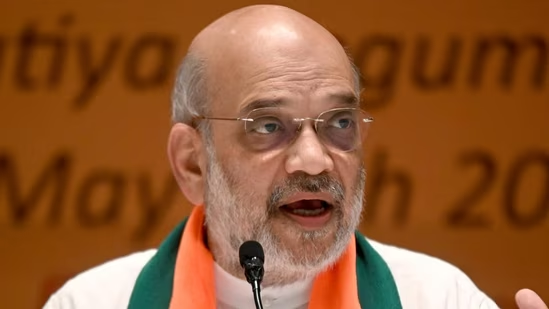Newsmatro

Union Home Minister Amit Shah recently commented on the interim bail granted to Aam Aadmi Party (AAP) chief Arvind Kejriwal in connection with the Delhi liquor policy case, expressing concerns about perceived special treatment in the judicial process.
Kejriwal, who was arrested and held in Tihar Jail in relation to the Delhi liquor policy case, was released on interim bail on May 10 following approval from the Supreme Court.
However, Shah’s remarks during an interview with news agency ANI raised questions about the impartiality of the decision.
Shah stated, “I believe this is not a routine judgment. A lot of people in this country believe that special treatment has been given.”
His comments alluded to widespread perceptions of preferential treatment in the legal proceedings surrounding Kejriwal’s case.
Responding to Kejriwal’s assertion that he would not return to jail if the Opposition INDIA bloc wins the majority in the upcoming Lok Sabha elections on June 4, Shah criticized the AAP leader for what he deemed as contempt of court.
Shah remarked, “I believe this is clear contempt of the Supreme Court. He is trying to say that if someone emerges victorious, the Supreme Court does not send them to jail even if they are guilty.”
Further addressing Kejriwal’s allegations that the BJP-led central government installed hidden cameras in the jail to monitor his movements, Shah emphasized that Tihar Jail falls under the administration of the Delhi government.
Dismissing Kejriwal’s claims, Shah reiterated that the Union Home Ministry has no involvement in the administration of Delhi’s jails.
Under the bail guidelines, Kejriwal is prohibited from visiting the Delhi Chief Minister’s office or the Delhi Secretariat. Additionally, he is barred from commenting on the case or interacting with any witnesses involved.
Kejriwal has been instructed to surrender to prison authorities by June 2, adding further stipulations to his temporary release.
Shah’s remarks and the conditions of Kejriwal’s bail have sparked debate and scrutiny, highlighting broader concerns about the independence and fairness of the judicial process in high-profile cases.